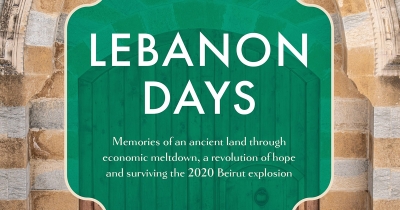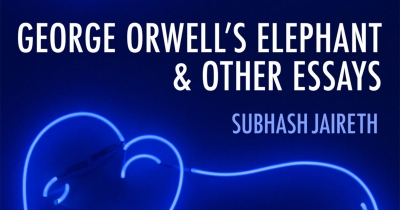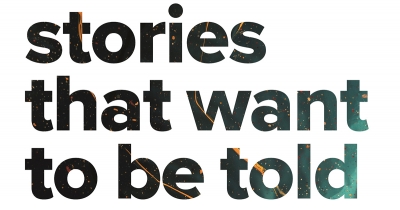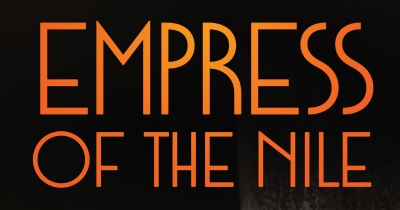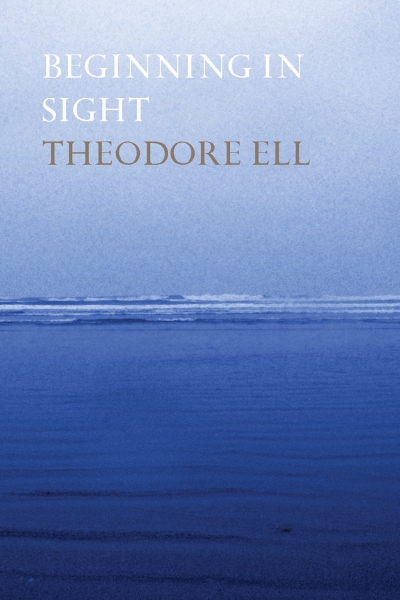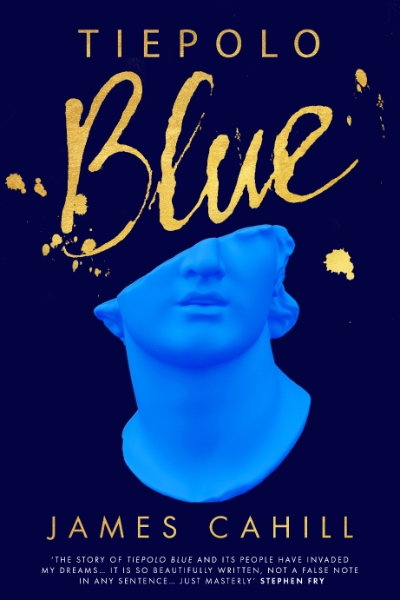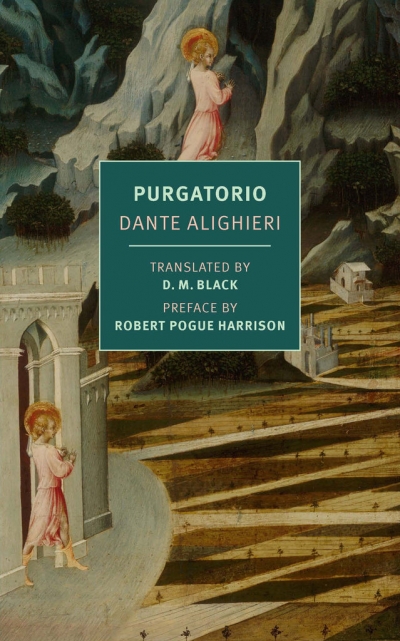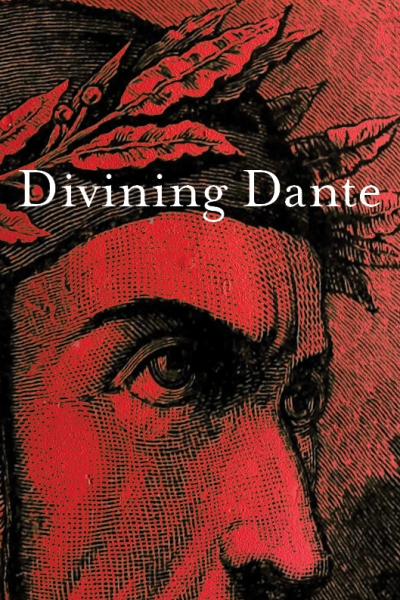Theodore Ell
Sign up to From the Archive and receive a new review to your inbox every Monday. Always free to read.
Recent:
Lebanon Days: Memories of an ancient land through economic meltdown, a revolution of hope and surviving the 2020 Beirut explosion by Theodore Ell
Stories That Want To Be Told: The Long Lede anthology by Arlie Alizzi et al.
Empress of the Nile: The daredevil archaeologist who saved Egypt’s ancient temples from destruction by Lynne Olson
Beginning in Sight by Theodore Ell & Trap Landscape by Nicholas Powell
Nightfall on the sill. Trinkets, hardened dust. Sky / in the gaps of a broken comb – the medley // of towers, antennae. The city: a queue / for dinner at a swish place, or a catwalk.
... (read more)On 4 August 2020, Theodore Ell was living in Beirut, Lebanon, when an explosion erupted at the local port, killing more than 200 people and injuring more than 7,500. Ell and his wife, a diplomat, survived, but were badly shaken. At the encouragement of his close friend Beejay Silcox, Ell turned his experience into the essay ‘Façades of Lebanon’, a harrowing, intimate piece of reportage, and the deserving winner of the 2021 Calibre Essay Prize. In today’s episode, listen to Ell in conversation with Silcox about the inception of his prize-winning work, the balancing act of writing trauma and place, the historical complexities of Beirut, and more.
... (read more)

